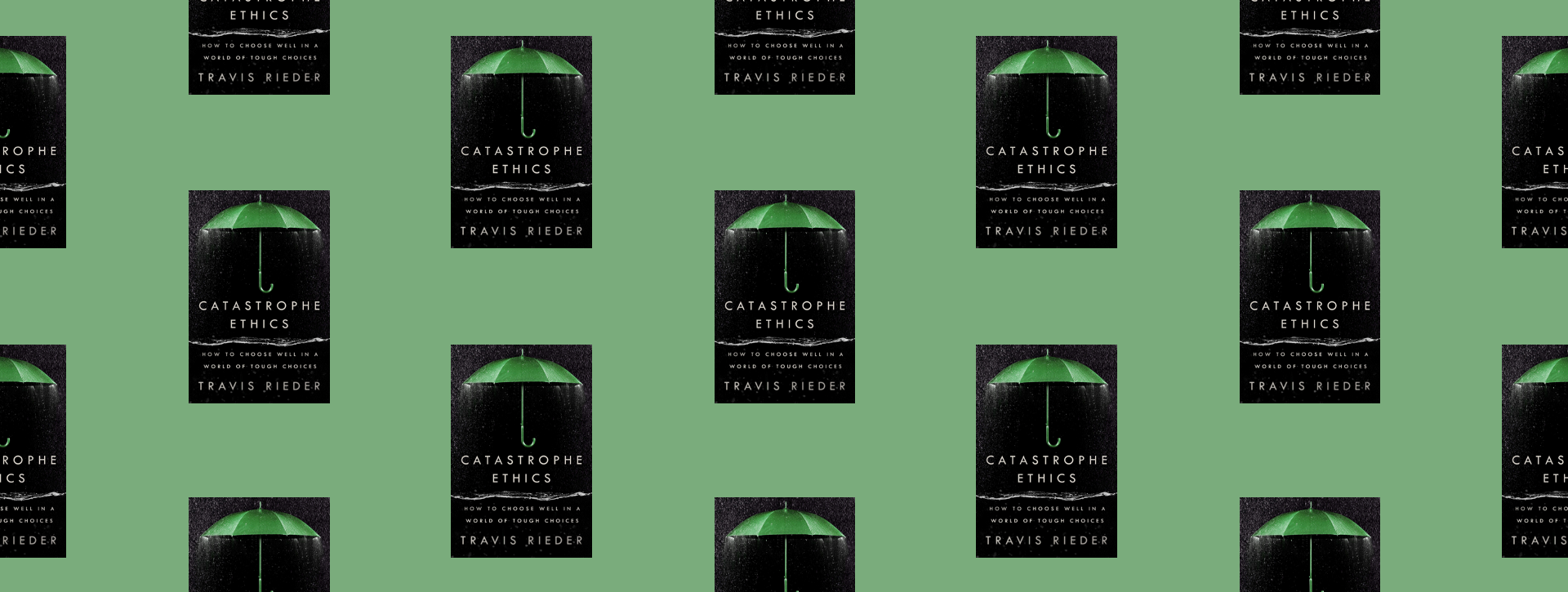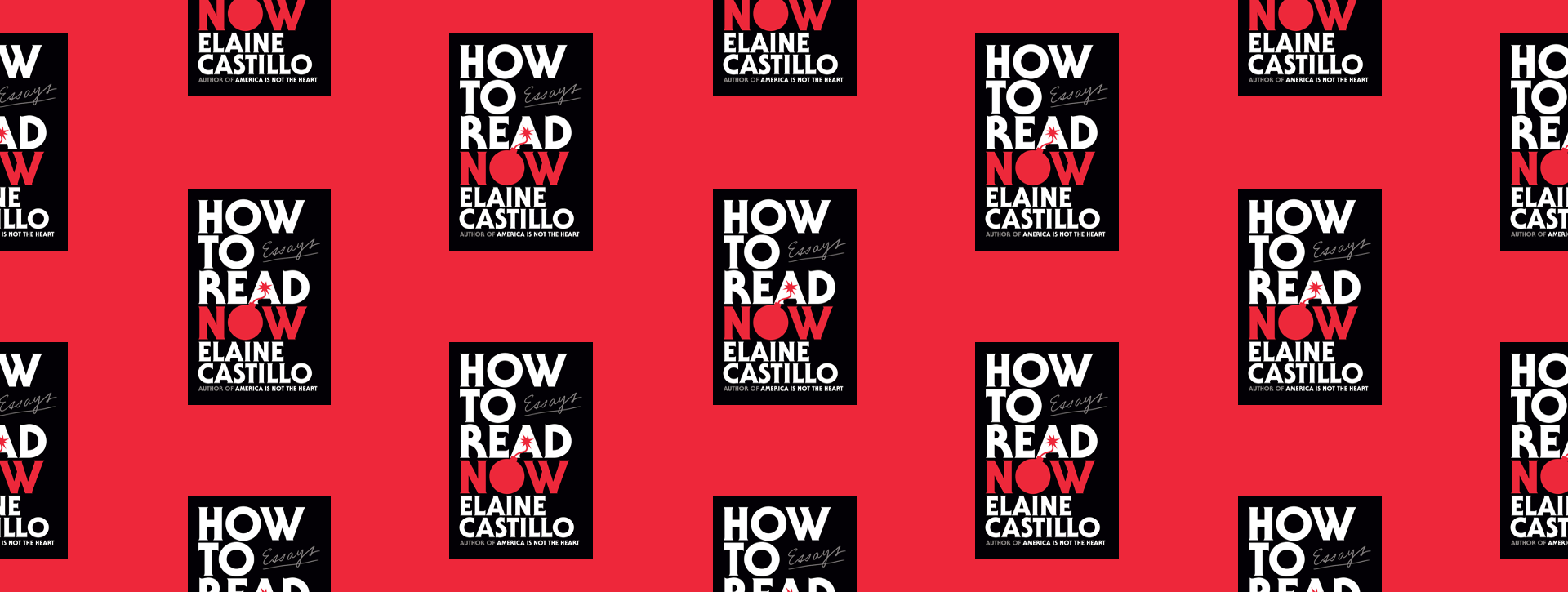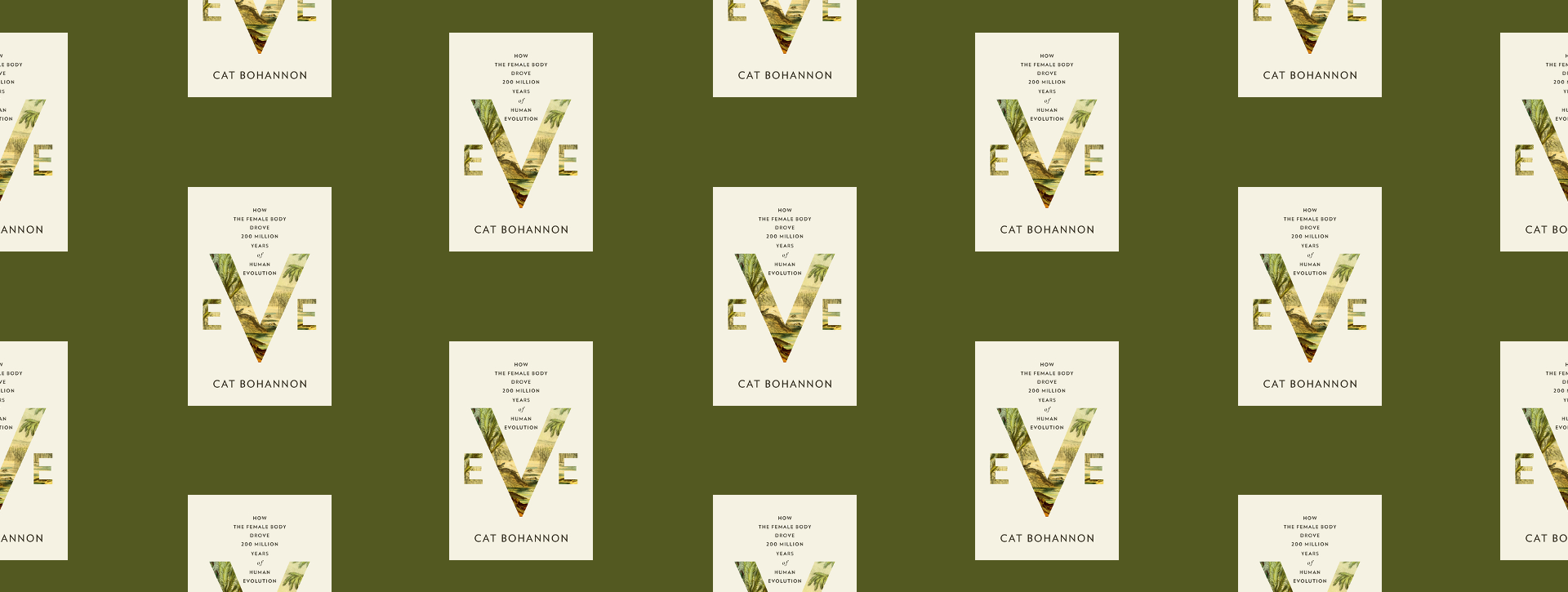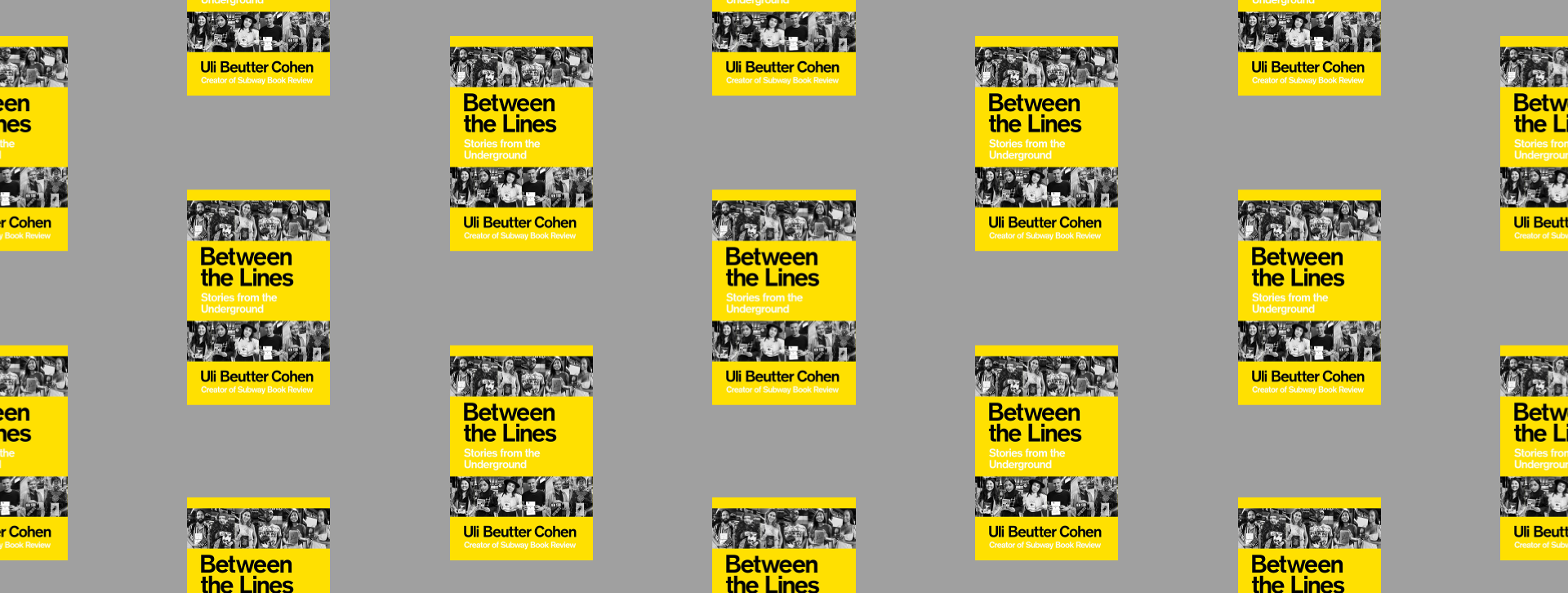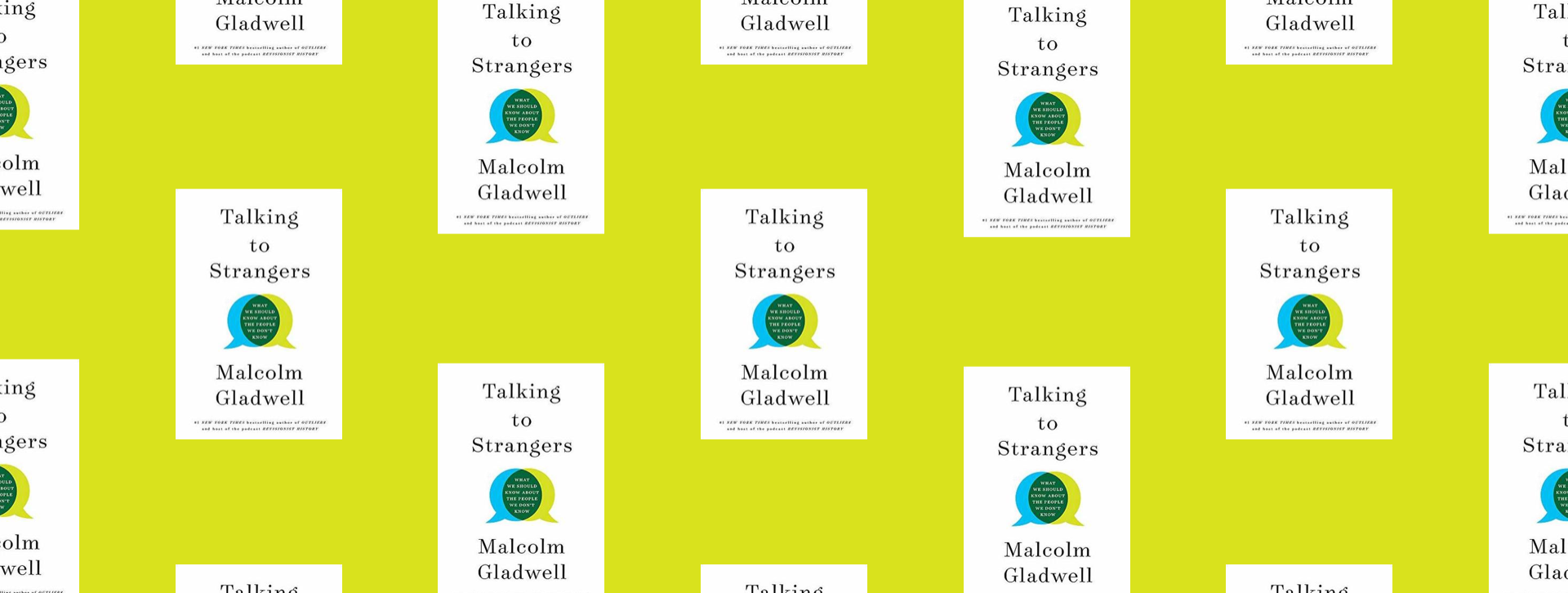Algospeak: How Social Media Is Transforming the Future of Language
I think anyone who loves language or is a creator (or is simply very online) will love this book, but if you’re both of those things, it’s an absolute MUST read.
Catastrophe Ethics: How to Choose Well in a World of Tough Choices
I feel genuinely better prepared to decide what kinds of things are personally worth my effort (and my guilt). The time I spent listening to this audiobook was time extremely well spent.
How to Read Now: Essays
This book is not what I had naively expected — my brain ignored the “essays” part of the title in favor of the “how to” part — but it is, without a doubt, excellent.
Eve: How the Female Body Drove 200 Million Years of Human Evolution
I will be talking the ear off of anyone willing to listen about this book, and it’s going to make my favorites of the year for sure. Read it!!
Like, Literally, Dude: Arguing for the Good in Bad English
Like, Literally, Dude is a joyfully fun, delightfully nerdy book that I absolutely loved. In the running for a top nonfiction of the year for sure!
Between the Lines: Stories from the Underground
I loved reading Between the Lines so much. It’s a beautiful, well-paced collection of interviews that blends a love of New York City, books, and our shared humanity.
You’re Not Listening: What You’re Missing and Why It Matters
You’re Not Listening is a well-written, readable, persuasive book that underscores the importance of true, unselfish listening and will inspire you to get better at it.
Invisible Women: Data Bias in a World Designed for Men
WOW. Invisible Women is an unrelenting pop-pop-pop of bruising, important truth bombs. Caroline Criado-Pérez doesn’t hold back. Everyone should read this.
Biased: Uncovering the Hidden Prejudice That Shapes What We See, Think, and Do
As soon as I had this book in my hands, I was excited to read it. Biased is a scientific, uncompromising, empathetic look at bias (often specifically racial bias).
Talking to Strangers: What We Should Know About the People We Don't Know
Talking to Strangers is, without a doubt, Malcolm Gladwell at his finest. His skill at combining stories and examples with scientific study in order to keep you engaged and demonstrate complex psychological phenomena is unparalleled.
Because Internet: Understanding the New Rules of Language
Gretchen McCulloch is (as you would hope, with this subject matter) conversational, fun, and very in touch with internet trends and spaces. She brings relatable examples together with smart research to make clear what so-called “internet people” can naturally sense but not explain.
Survive and Resist: The Definitive Guide to Dystopian Politics
Survive and Resist offers an intriguing premise: to look at actual dystopian political theory through the lens of fiction, film, and television. Um, helloooooo, sign me up!
Words on the Move: Why English Won't—and Can't—Sit Still (Like, Literally)
Rating: 4.5/5 | Oh. my goodness. If you love words and language, you have to read this book (literally). Actually, I recommend that you listen to it as an audiobook, as I did. McWhorter is delightful and witty and very funny. Plus, a lot of his points depend on the pronunciation of words and inflection, so I think you'll get a lot more out of it that way. (Click the post to read more.)
Text Me When You Get Home
Rating: 4/5 | This was a great book! Schaefer is compelling, entertaining, and moving. I've read a lot of nonfiction books, and they can often move slowly, even if they are saying important things. Not so with Text Me When You Get Home; I zipped through this one in just two days and truly enjoyed every second of it. (Click the post to read more.)


